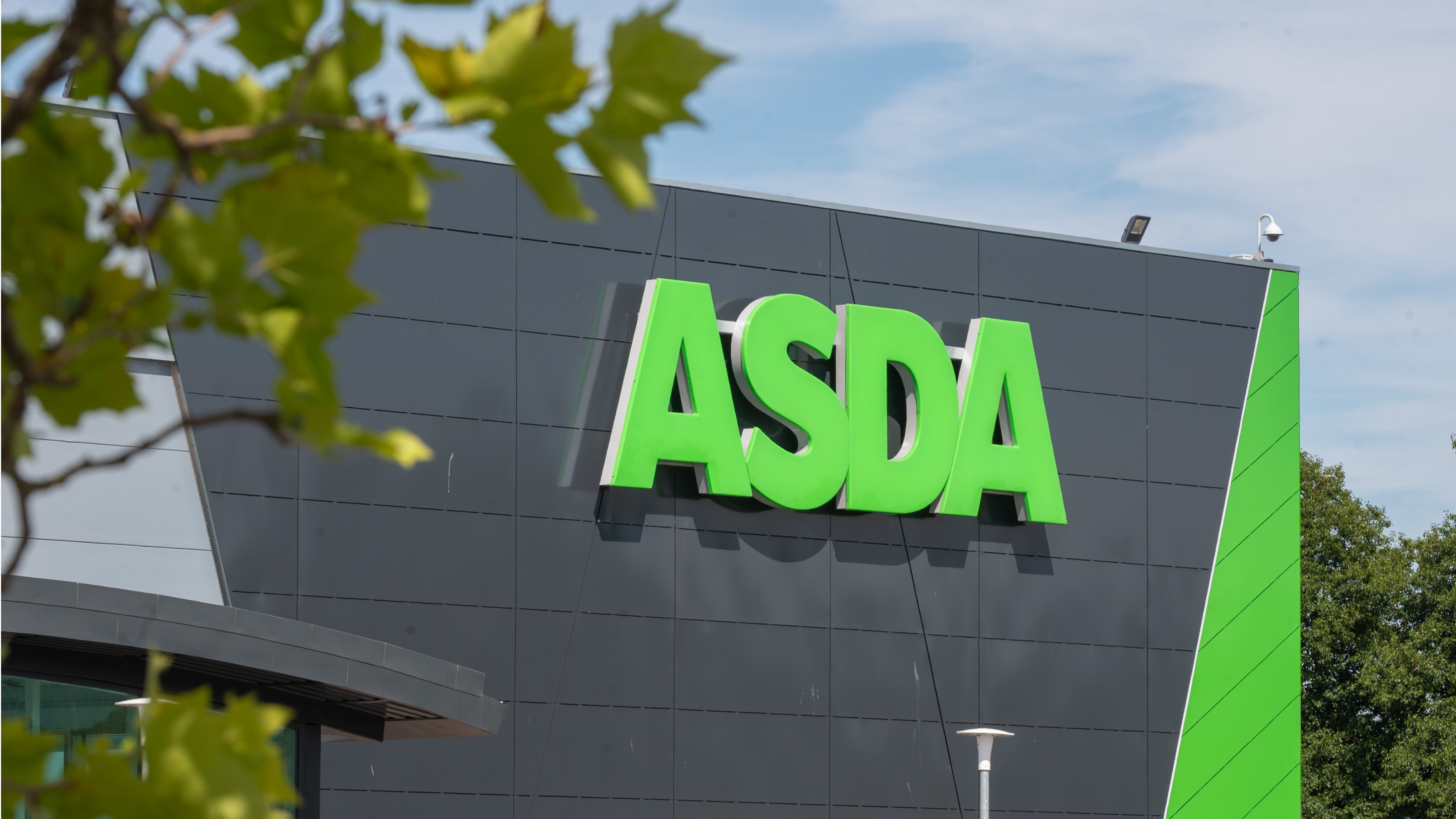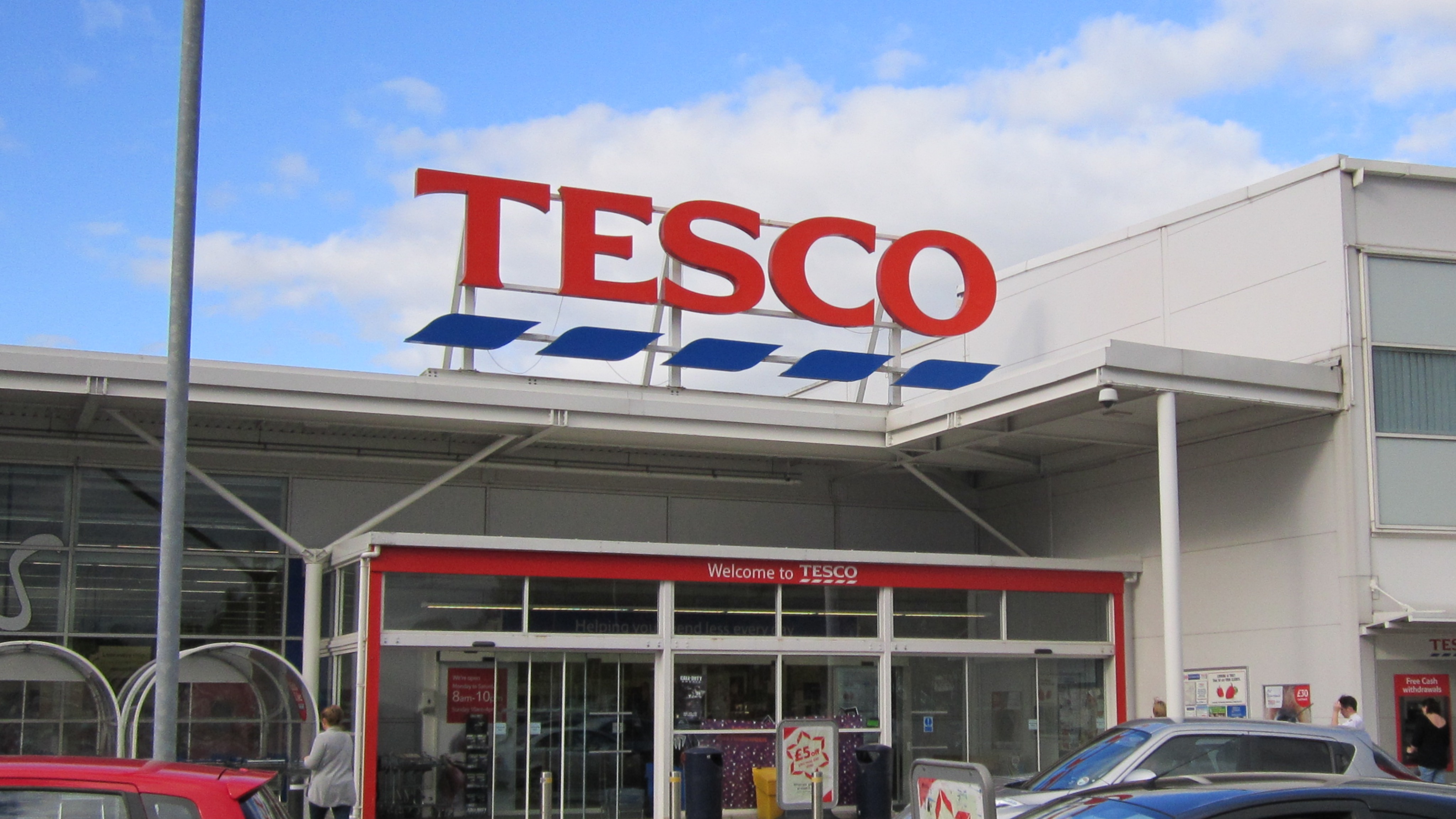Asda has abandoned controversial proposals to install driver-facing cameras in its home delivery vans after facing significant opposition over privacy concerns.
The UK's third-largest supermarket said it had temporarily paused the initiative as it prioritises efforts to revive its struggling core grocery business.
The proposed system would have used artificial intelligence to monitor drivers for signs of distraction or fatigue, providing audio prompts when safety concerns were detected. The technology was designed to identify subtle movements and alert drivers showing signs of tiredness.
However, the GMB union raised serious objections to the proposal, describing it as a "severe breach of privacy and unnecessary intrusion on a driver while at work, ultimately leading to drivers leaving the business".
One Asda delivery driver criticised the plan, telling The Times it would be like having a "spy in the cab". The driver suggested that if "Asda has got funds for this, start prosecuting road rage and assaults on drivers, or provide body cams and alarms".
The union welcomed the decision to scrap the scheme. "GMB said it was really pleased that Asda has listened to our feedback and have indefinitely halted the driver distraction system trial. This is a huge win for GMB drivers," a spokesperson said.
Asda is understood to have made the decision independently of union pressure but acknowledged it would consider the feedback received.
An Asda spokesman said: "This proposal did not reach the operational stage and has been paused while we focus on other projects. Colleague safety remains of paramount importance and we continue to look at how technology can be used to keep colleagues safe across our business."
The supermarket chain has faced significant challenges since its £6.8 billion leveraged buyout by private equity firm TDR and the Issa brothers in 2021, with Walmart retaining a 10 per cent stake. Since the acquisition, Asda has lost market share and accumulated net debt of £3.8 billion.
Allan Leighton, the company's executive chairman who previously ran Asda in the 1990s, was brought in to reverse the decline. This month, Leighton admitted that Asda "has a long way to go" after announcing a 3.4 per cent slide in sales, which he described as "pretty disappointing".
The company is also grappling with mounting costs from its troubled IT upgrade, which is expected to exceed £1 billion this year as it separates its technology systems from former majority owner Walmart.
Latest News
-
Tesco makes ‘significant strides’ on safety through body worn cameras
-
Flying Tiger Copenhagen appoints new group chief executive
-
Walgreens cuts over 600 jobs after buyout
-
Mango opens first store in Limerick as part of expansion plan
-
eBay and Etsy to buy Depop for $1.2bn
-
REWE opens automated fresh food facility to serve Berlin outlets
Beyond Channels: Redefining retail with Unified Commerce
This Retail Systems fireside chat with Nikki Baird, Vice President, Strategy & Product at Aptos will explore how unified commerce strategies enable retailers to tear down these barriers and unlock new levels of operational agility and customer satisfaction.
The future of self-checkout: Building a system that works for consumers and retailers
In this webinar, industry leaders discussed what the future of self-checkout looks like and how retailers can make the technology work for everyone.
© 2024 Perspective Publishing Privacy & Cookies




.jpg)





Recent Stories